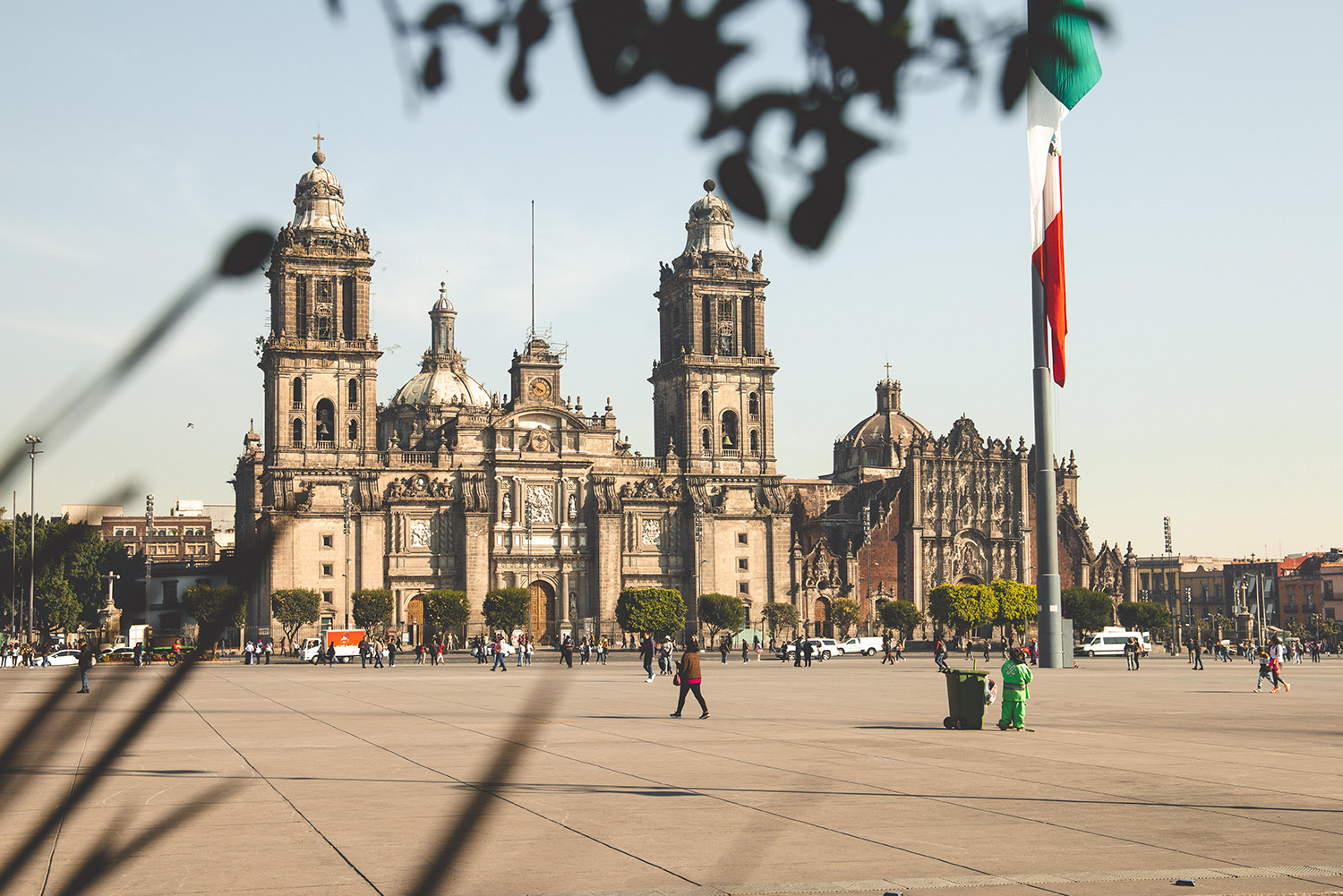Mexico has reported a record-breaking foreign direct investment (FDI) of nearly US $33 billion for the first nine months of 2023, according to preliminary government data released this week. The Economy Ministry (SE) disclosed that FDI reached $32.9 billion during January to September, representing a remarkable 30% increase compared to the same period last year. This surge excludes spending on the Televisa-Univisión merger and the restructuring of Aeroméxico.
The continuous upward trajectory of foreign investment in Mexico is evident when comparing the FDI figures over the years. In the first three quarters of 2023, FDI is over 200% higher than in 2006, 129% above the 2010 level, 52% higher than in 2015, and 40% above the 2020 level.
Breaking down the FDI for the first nine months of 2023, precise data reveals that the total reached $32.926 billion. Of this, just over $29 billion was reported after the initial six months of the year, indicating that the third quarter FDI was approximately $4 billion.
The SE attributed the investment in the first three quarters to 4,008 trust agreements, 2,539 Mexican companies backed by foreign companies, and one foreign entity. The majority of the FDI, accounting for 76%, came from the reinvestment of profits, with 16% from loans and payments between companies, and 8% from new investment. The SE emphasised that the FDI total is a result of foreign investors’ confidence in Mexico’s favourable business environment and economic stability.
Regarding the origin of foreign investment, the United States led the way, contributing 41% or $13.5 billion of the total FDI in Mexico during the first nine months of the year. Spain followed as the second-largest investor with $3.7 billion, constituting 11% of the FDI total. Other significant contributors included Germany, Argentina, Japan, Canada, the United Kingdom, the Netherlands, France, and Switzerland.
Analysing the distribution across Mexican states, 58% of the FDI for the first three quarters went to just five out of the 32 federal entities. Mexico City secured the top spot, attracting $10.58 billion, accounting for 32% of the total. Nuevo León ranked second with $2.82 billion, while Sonora, Chihuahua, and México state rounded out the top five.
The manufacturing sector emerged as the primary recipient of FDI, receiving over half of the total investment at $17.5 billion, with the transport equipment sector, including automakers, capturing 44% of that amount. The financial services industry claimed the second-largest share, attracting $7.2 billion or 22% of the total.
However, concerns have been raised about the low level of new investment, constituting only 8% of the FDI total for the first nine months of 2023. This figure, while one percentage point higher than the reading after the first two quarters, represents the lowest for the same period since 2014 and an 80% decline compared to the first three quarters of 2022.
Analysts, including Gabriela Siller from Banco Base, suggest that Mexico may not be fully capitalising on the nearshoring opportunity, despite numerous foreign companies announcing plans to establish a presence in the country. Financial reporter David Páramo expressed that Mexico could attract more FDI during the current global conditions but described its performance as “mediocre.”
Despite concerns, President López Obrador celebrated the record-breaking FDI data at a press conference, emphasising the job creation and low unemployment rates in Mexico. He reiterated Mexico’s advantageous conditions for foreign investment, including trade agreements that facilitate tariff-free exports to the United States and Canada, contributing to the country’s robust economic growth prospects.


